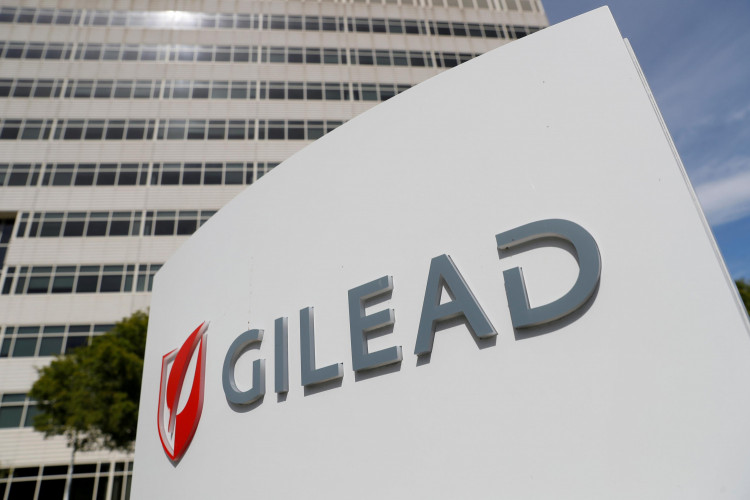Gilead Sciences, Inc. is donating 1.5 million doses of remdesivir, the COVID-19 experimental vaccine, for "compassionate use," enhanced access and laboratory tests, Chairman and chief executive officer Daniel O'Day said.
The doses will be administered through intravenous method to patients with serious symptoms in a hospital environment on a day to day basis, O'Day said in a letter posted on Gilead's official website.
The doses could be equivalent to over 140,000 treatment sessions, depending on the length of the procedure, O'Day said.
The business is also increasing its supply of remdesivir by October to more than 500,000 treatment courses, and by year-end to over 1 million. Production time was also expedited up from a year to six months, O'Day stated.
The step would fast-track up its emergency application for several patients with serious illnesses. Over 1,700 patients were treated by these services, he said Saturday in the letter.
He also noted that the medication should be given free to hospitals or physicians applying for its emergency use. Remdesivir remains an experimental drug without authorisation from the regulators.
According to O'Day, in the ways that "we think it is necessary for Gilead today to play a part - mainly through clinical testing, and increased access and compassionate use - we're doing what we can to fulfill our obligation with remdesivir," O'Day wrote.
Gilead originally developed the antiviral drug as a possible cure for the Ebola and Marburg viruses. Multiple clinical trials for the drug are underway in coronavirus with thousands of patients participating worldwide, said the company's CEO Saturday.
As of Sunday, based on figures from Johns Hopkins University, there are 1,252,255 confirmed cases of the virus worldwide, and 68,147 deaths. The university said 238,675 people have recovered from the infection.
A panel of the World Health Organization said in January that, based on its large antiviral potential, remdesivir was deemed the most promising therapeutic candidate, based on current evidence on human and animal studies.
The drug was initially developed for Ebola, and researched in Eastern Congo patients. Multiple clinical trials are studying the impact of the drug on patients with Covid-19 in China and elsewhere.
The Food and Drug Administration has also released an emergency-use authorization for two anti-malaria vaccines that US President Donald Trump has touted. In the past week, Gilead's shares have soared more than 7 percent as the stock continues to challenge the other side of the market.






